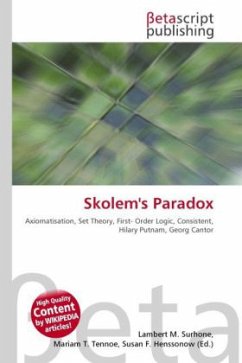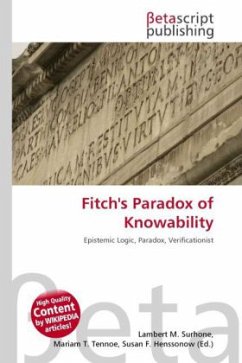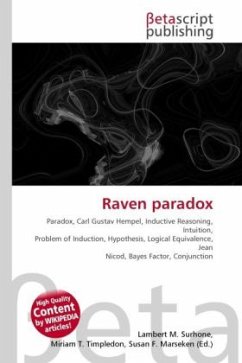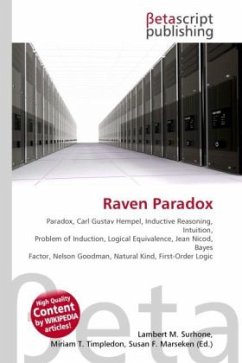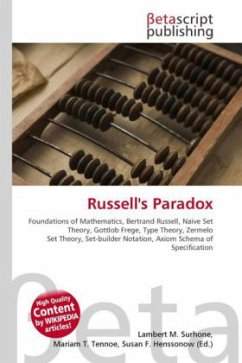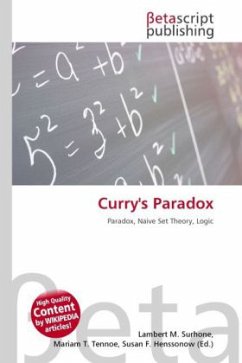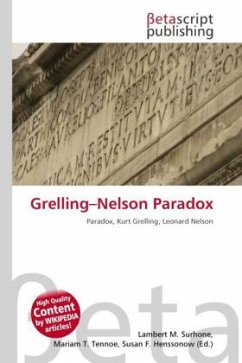High Quality Content by WIKIPEDIA articles! In mathematical logic and philosophy, Skolem's paradox is a seeming contradiction that arises from the downward Löwenheim-Skolem theorem. Thoralf Skolem (1922) was the first to discuss the seemingly contradictory aspects of the theorem, and to discover the relativity of set-theoretic notions now known as non-absoluteness. Although it is not an actual antinomy like Russell's paradox, the result is typically called a paradox, and was described as a "paradoxical state of affairs" by Skolem (1922: p. 295). Skolem's paradox is that every countable axiomatisation of set theory in first-order logic, if it is consistent, has a model that is countable. This appears contradictory because it is possible to prove, from those same axioms, a sentence which intuitively says that there exist sets that are not countable. Thus the seeming contradiction is that a model which is itself countable, and which contains only countable sets, satisfies the first order sentence that intuitively states "there are uncountable sets".
Bitte wählen Sie Ihr Anliegen aus.
Rechnungen
Retourenschein anfordern
Bestellstatus
Storno

